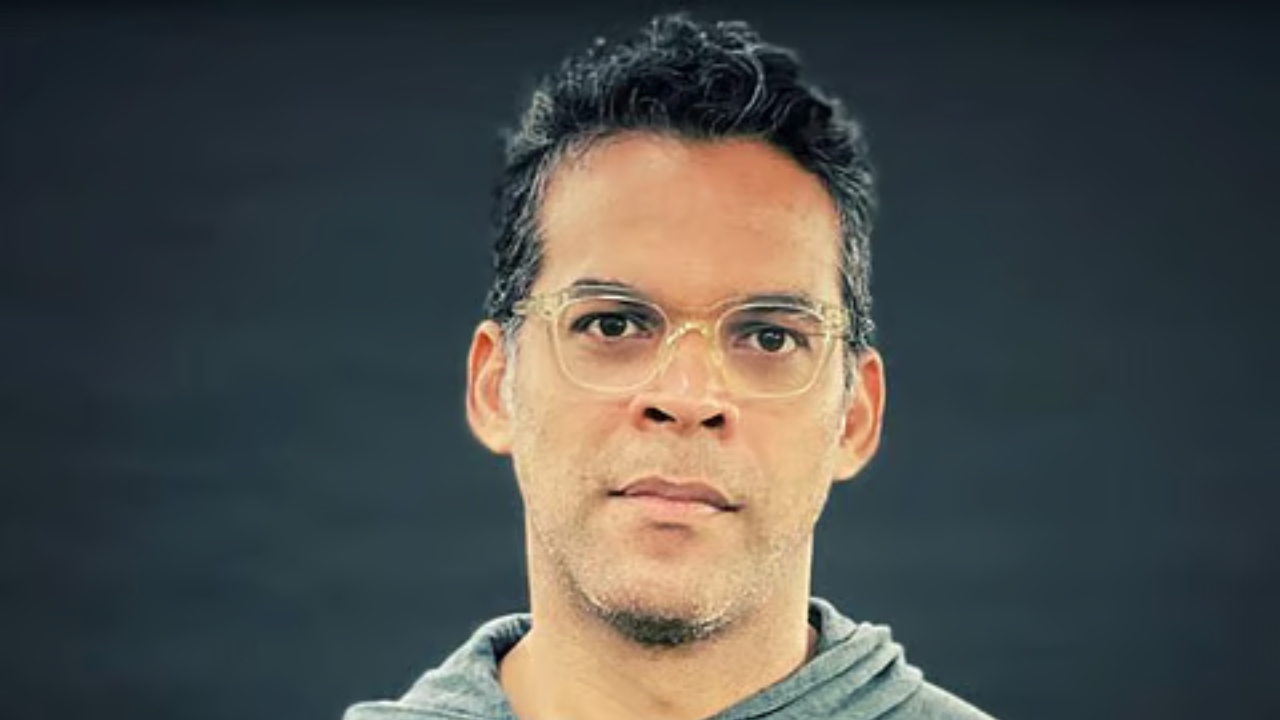The AI debate in cinema took a mercurial turn this week with the announcement of India’s first ever fully AI-generated film, Chiranjeevi Hanuman–The Eternal. Under Abundantia Entertainment, the being of the movie implies a retelling of the ageless tale of Lord Hanuman in its “Made-in-AI, Made-in-India” avatar, setting up for a theatrical release on Hanuman Jayanti 2026.
The production house had also unveiled the poster ahead, calling it “an innovative spectacle paying tribute to the cultural and spiritual heritage of India”. While the announcement was hailed by some as a proud technological stride, it triggered fierce opposition within the film fraternity.
Filmmaker Vikramaditya Motwane, known for Udaan and Sacred Games, was among the first to voice his disapproval. Sharing the announcement on his Instagram story, Motwane wrote pointedly, “And so it begins… Who TF needs writers and directors when it’s ‘Made in AI’?”
This isn’t the first time Motwane has raised concerns about the unchecked use of AI in filmmaking. In a previous interview with Hindustan Times, he warned that AI poses a significant threat—not from artists, but from those funding content. “The danger lies in people with money using AI to cut jobs and costs,” he said, emphasizing the potential loss of creative livelihoods.
The controversy comes close on the heels of backlash against the AI-altered Tamil re-release of Aanand L Rai’s Raanjhanaa, titled Ambikapathy, which also faced industry-wide criticism.
As the film world stands at a crossroads between innovation and ethics, Chiranjeevi Hanuman – The Eternal may well become the focal point of a larger conversation about the soul of cinema in the age of machines.

